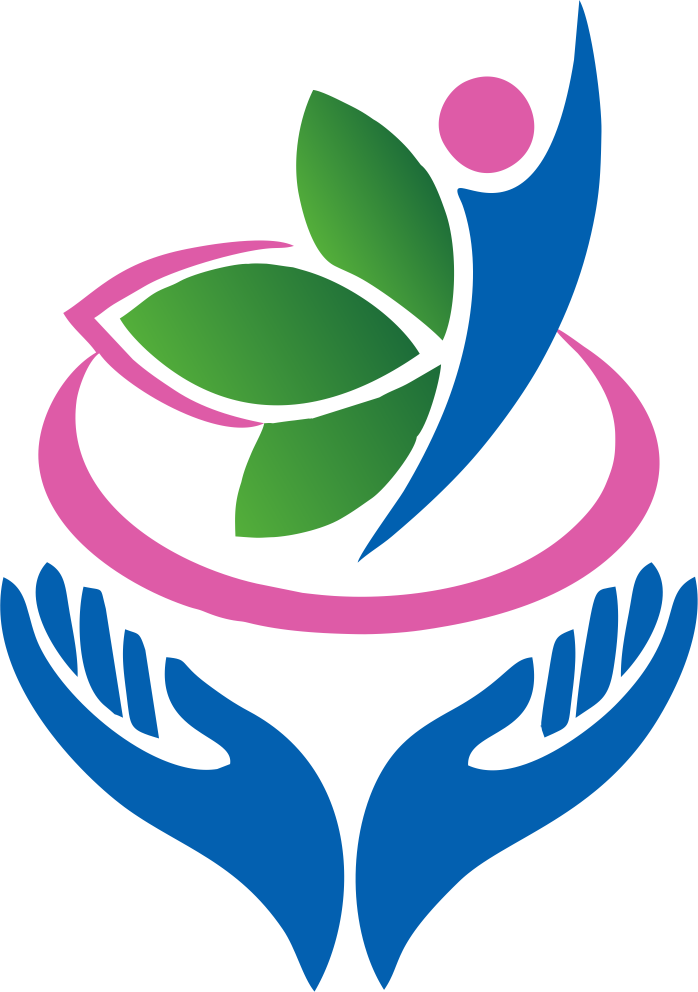
A distending disorder, a hernia develops when an organ or tissue bulges through an area of weakness within the border muscle or connective tissues. Hence the term "herniate." Most of the hernias form inside the abdomen, at times, in the groin or diaphragm, causing pain and discomfort due to exertion. There are incidences when heavy lifting, overweight, chronic cough, and even pregnancy can become causes for hernia disturbances. However, some hernias go unnoticed by the person at times, even to the extent of death should they remain untreated with time. In extreme cases, surgical intervention is recommendable to avert strangulation. Early detection combined with modifications in lifestyle may help manage hernia effectively toward ensuring better health and preventing accompanying complications.
